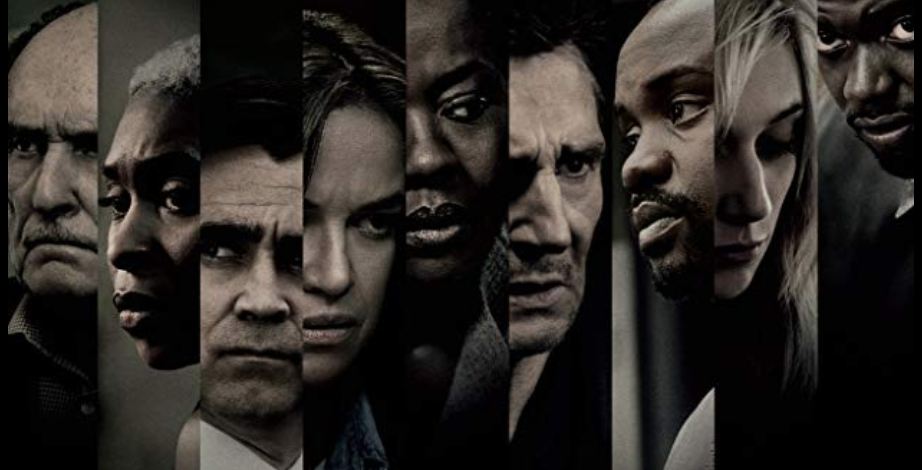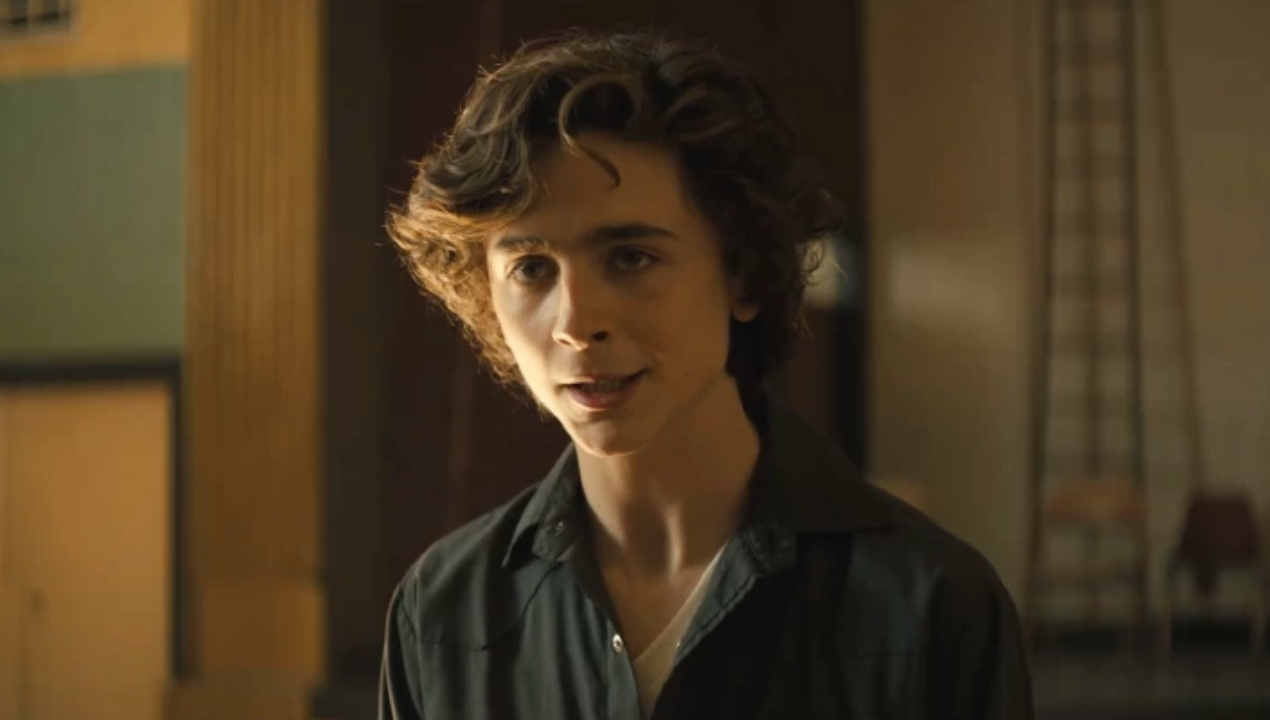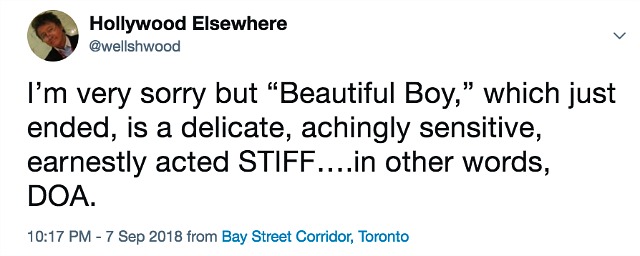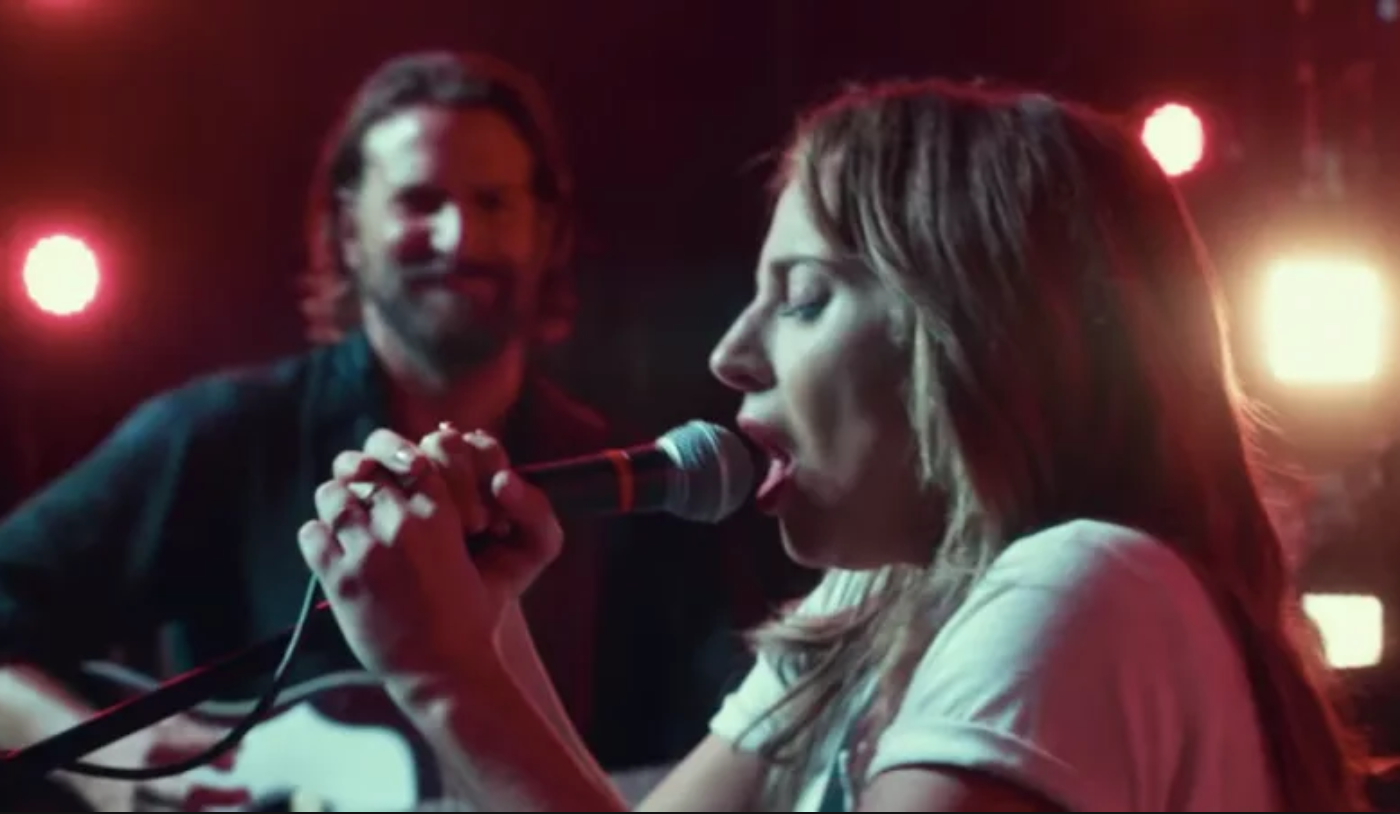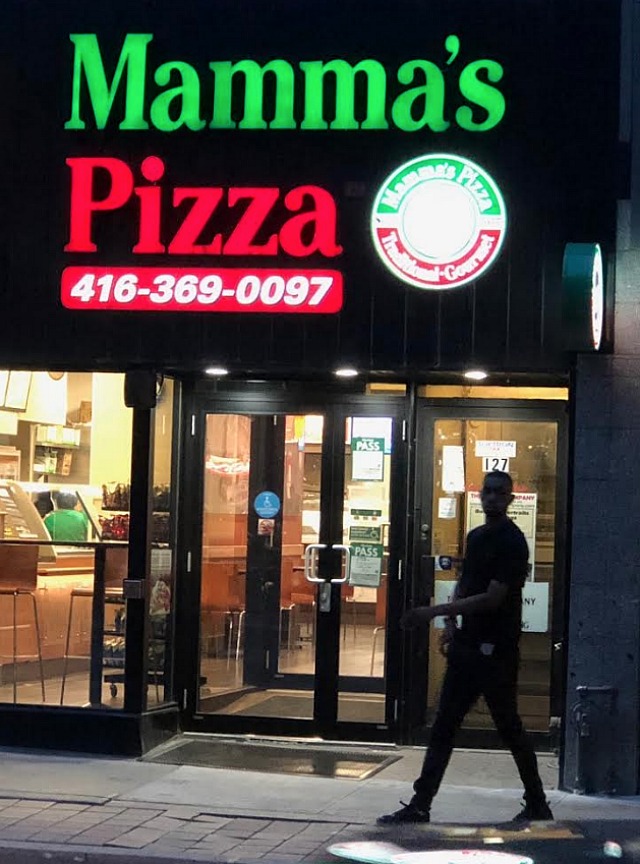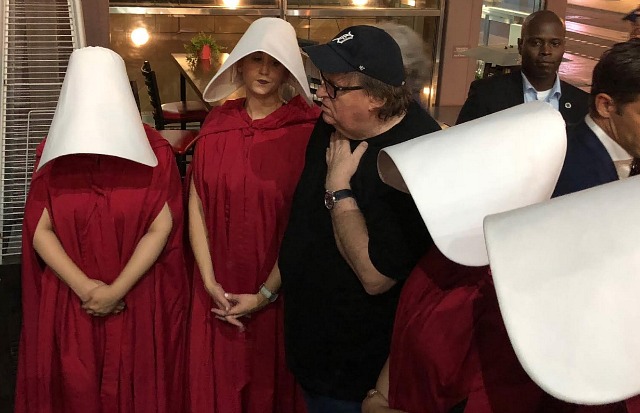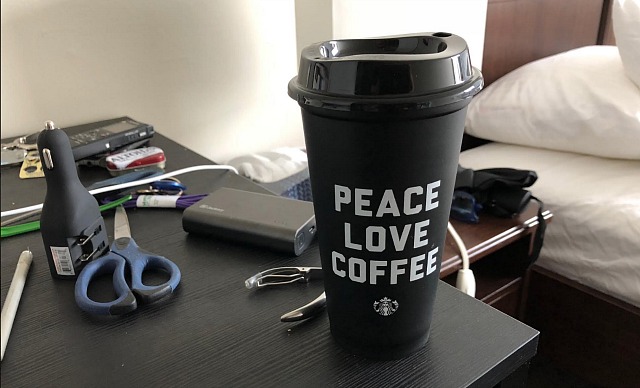I’ve been trying like hell to find something to see aside from Jonah Hill‘s Mid90s, which has a press and industry screening at 12:30 pm. I tried to wangle a ticket to a 2 pm Roy Thomson hall screening of Brady Corbet‘s Vox Lux, but the press rep told me she has none. Which I kinda doubt. The film is looking for a distributor and they know I have a Brady Corbet issue, etc.
The rest of the day is wide open, and there just doesn’t seem to be anything happening that sounds even half-intriguing. The only evening activity is an 8:30 pm Roma party. It’s a shame — six hours of TIFF time and nothing on my plate. On top of which it’s raining. I guess I’ll just head home, tap out my Mid90s review and do some laundry. And then hit the Alfonso soiree tonight.
From Owen Gleiberman’s Mid90s review: “Mid90s is about as spiky and unsentimental as a youth-rebellion movie can get. Hill makes it feel like a documentary, and by that I don’t just mean that it’s shot in a mode of unvarnished simulated verite. The actors who play the skate punks all have a found-object quality. They may or may not be ‘playing themselves,’ but their personalities don’t feel concocted for the camera. And that’s why Mid90s, though made by a Hollywood star, isn’t a nostalgic indie ‘fable’ in gritty skate-punk drag. It’s something smaller and purer: a slice of street life made up of skittery moments that achieve a bone-deep reality. And because you believe what you’re seeing, what the moments add up to, in their artfully random way, is an adventure.”



